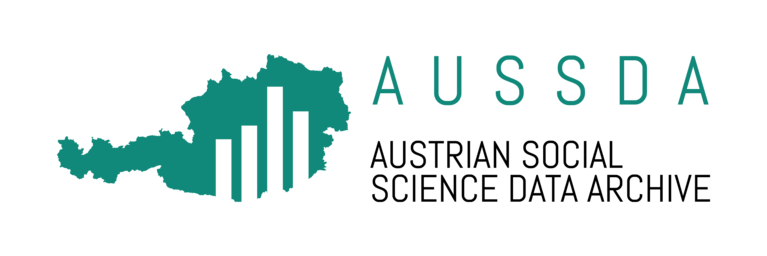With almost 3700 registered users, we have built a strong user community over the past five years. This year, we organised the first AUSSDA User Conference, to get in even closer contact and foster a lively exchange with our community. The conference’s focus was on data reuse. Our programme included two high-class keynotes as well as two workshops by Dimitri Prandner (AUSSDA Linz) and Otto Bodi-Fernandez (AUSSDA Graz). With this event, we were able to show the potential of using existing research data for studying, teaching and research. Reusing data, especially in teaching, is a topic that we want to focus on also in the upcoming year.
Our newly created User Advisory Board, which consists of users who frequently obtain data from or deposit data at AUSSDA, also helps us to better understand the needs of our community and to evolve our services.
Our Dataverse has grown by 235 new entries this year and now counts 1380 datasets. Among others, you will find the Microcensus 2022, the SSÖ 2021, the latest waves of the Austrian Corona Panel Project and - brand new this year - qualitative data in our repository.
Project activities
We are pleased to have completed two major projects on the European Open Science Cloud (EOSC) this year. As part of SSHOC (Social Sciences & Humanities Open Cloud), we were involved in the development of the social sciences and humanities part of EOSC. We contributed to several Work Packages (WPs) of the project, which ran from January 2019 to April 2022. AUSSDA's Veronika Heider led WP9, which focused on different research and data communities and developed tools and services to help them conduct research more efficiently. In a technical WP, we developed a Python module that makes it easier to install the Dataverse software, on which our repository is based as well.
We are also proud of our podcast Stories of Data: Open.Science.Talk. This audio series is a synergy project between SSHOC and EOSC-Pillar, AUSSDA's second major H2020 project, which was completed this December. Marie Czuray, Andreas Villarreal and Julia Geistberger talk to experts from various disciplines about the present and future of EOSC - with the aim of making EOSC more tangible through practical examples and supporting researchers in implementing Open Science principles.
To better understand how researchers reuse data and how EOSC can be adapted to their needs, we conducted a quantitative and a qualitative study among researchers from the five EOSC Pillar countries (Austria, France, Germany, Italy and Belgium). This was preceded by a large-scale study of national infrastructures that drive the development and dissemination of Open Science. We have published the data from these three studies in our Dataverse. Through the EOSC-Pillar Ambassadors Programme, we have also helped to raise awareness for EOSC and Open Science among researchers and at institutions. The EOSC-Pillar Final Conference in Paris gave us the opportunity to present our activities and meet with our European colleagues - in the two previous years this was not possible due to the COVID-19 pandemic.
After the successful completion of these two comprehensive projects, we are pleased to have also taken on new tasks this year. We have become a project partner of EOSC Future and are involved in the area of training: We create training materials and webinars for various target groups who are trained on EOSC and in Open Science and then pass on their knowledge to researchers and institutions. In addition, we support OpenAIRE in the area of outreach and engagement, thus establishing many more valuable contacts in the European Open Science community.
Inside AUSSDA
2022 also saw some personnel changes at our office: Lisa Hirsch became part of our team at the beginning of the year. She works in data ingest and for EOSC Future. And with Maria Schreiner, who works at the FAIR Infopoint at the University of Innsbruck, we now have established a contact point for all questions about AUSSDA at our Innsbruck location.
We wish you happy and relaxing holidays and all the best for 2023!
The AUSSDA Team

